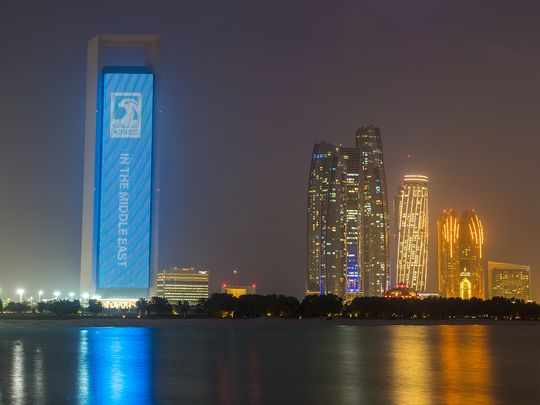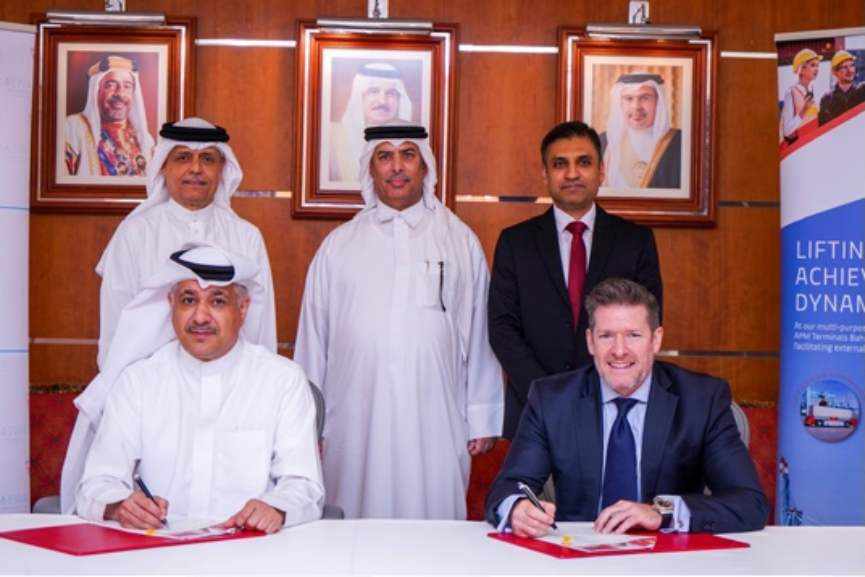U.N. pact may restrict plastic production
- Date: 18-Feb-2022
- Source: Zawya
- Sector:Oil & Gas
- Country:Middle East
U.N. pact may restrict plastic production
United Nations member states are set to meet this month in Nairobi to draft the blueprint for a global plastics treaty, a deal that could see countries agree for the first time to reduce the amount of single-use plastics they produce and use.
It's being touted as the most important environmental pact since the 2015 Paris Agreement on climate change.
A global explosion of disposable plastic, which is made from oil and gas, is increasing carbon emissions, despoiling the world's oceans, harming wildlife and contaminating the food chain. More than 50 countries, including all 27 members of the European Union, are calling for the pact to include measures targeting plastic production.
That's a problem for big oil and chemical companies. The industry is projected to double plastic output worldwide within two decades.
Publicly, plastic industry groups representing firms like ExxonMobil Corp, Royal Dutch Shell Plc and Dow Inc, have expressed support for a global agreement to tackle this garbage.
Behind the scenes, however, these trade organizations are devising strategies to persuade conference participants to reject any deal that would limit plastic manufacturing, according to emails and company presentations seen by Reuters, as well as interviews with a dozen officials involved in the negotiations.
Leading that effort






















